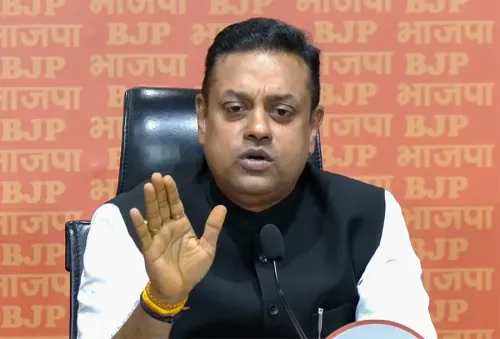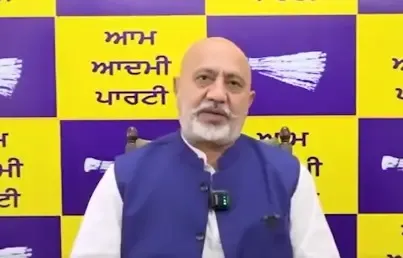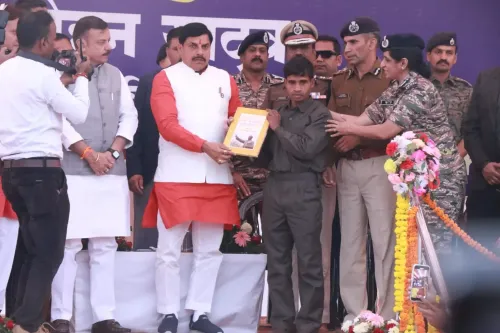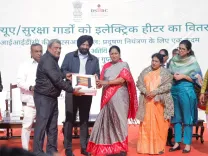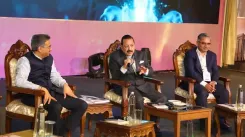Why Haven't There Been Any Requests for a UN Security Council Meeting?

Synopsis
Key Takeaways
- No requests for a Security Council meeting have been made regarding India-Pakistan tensions.
- India views the situation as a bilateral issue, not requiring UN involvement.
- Recent terrorist attacks have escalated tensions significantly.
- UN officials stress the need for dialogue and restraint.
- The UNSC's ability to adopt substantive resolutions is currently limited.
United Nations, May 9 (NationPress) - According to the UN Mission of Greece, which is presiding over this month's activities, there have been no requests made for a Security Council meeting regarding the ongoing situation between India and Pakistan.
On Wednesday night, the mission stated, 'Since the closed consultations on Monday, no request has been received for a new meeting yet.'
Neither Pakistan nor the other 14 members of the Council have sought a meeting.
When questioned about whether Pakistan was pursuing a UN Security Council meeting, Asim Iftikhar Ahmed, the country's Permanent Representative to the UN, responded enigmatically, 'We are watching the situation.'
This past Monday, the Council conducted a closed consultation concerning the conditions in South Asia, featuring a briefing by Assistant Secretary-General Mohamed Khaled Khiari.
India is fundamentally opposed to any involvement by the Council, viewing the matter as a bilateral issue under the framework of the 1972 Simla Agreement between the two nations.
While there is a widespread call for de-escalation, any Council session would likely serve merely as a talking shop, as a substantive and actionable resolution cannot be adopted at this time due to a lack of consensus among permanent members.
Earlier, on May 6, the United Nations Security Council (UNSC) reprimanded Pakistan, posing challenging questions regarding the terror attack in Jammu and Kashmir's Pahalgam during its closed session amidst rising tensions between New Delhi and Islamabad.
Members criticized Islamabad and inquired into the involvement of the Pakistan-based Lashkar-e-Taiba in the Pahalgam attack that resulted in the deaths of 26 individuals.
Although Pakistan asserted that the meeting served its aims, reports indicated that it was largely ineffective.
The session, initiated at the request of Pakistan's Permanent Representative Asim Iftikhar Ahmad, included his claim that his nation was uninvolved in the terror attack.
Despite the session being a closed consultation without official records, UNSC members advocated for dialogue and restraint as means to resolve the issues.
Following the meeting on Monday, UNSC President Evangelos Sekeris informed reporters, 'The Security Council is always helpful in such efforts' to de-escalate, emphasizing the Council's responsibility. He described the meeting as productive and beneficial, noting that its proceedings are confidential without official records.
UN Secretary-General Antonio Guterres indicated that the situation has reached a 'boiling point' and urged both countries to 'step back from the brink.'
He emphasized the necessity of avoiding a military confrontation that could easily spiral out of control.
Condemning the terrorist massacre of 26 individuals in Pahalgam last month, he acknowledged the intense emotions following the tragic attack.
Importantly, The Resistance Front (TRF), linked to the Pakistan-based Lashkar-e-Taiba, has claimed responsibility for the terrorist attack that resulted in the deaths of 25 Indians and one Nepalese national.


